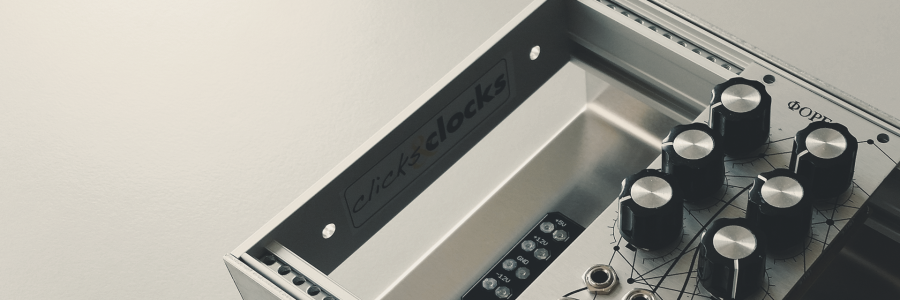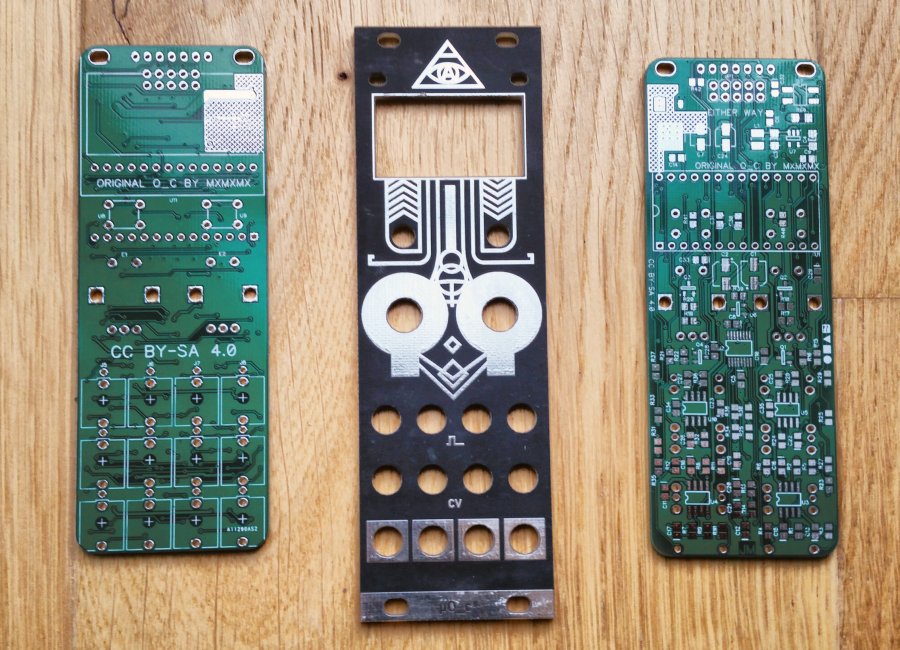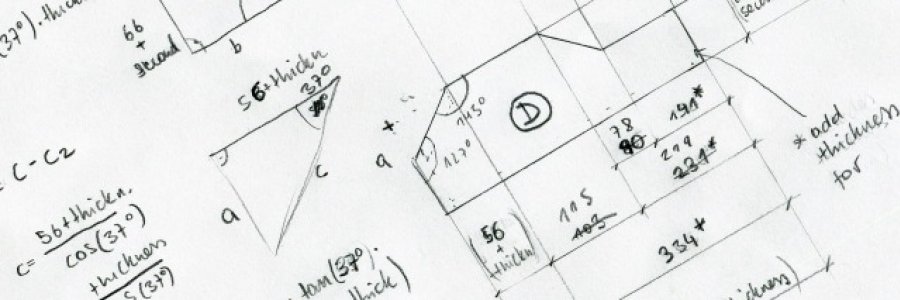The folding parts of the foldcase consist of 3 parts:
- 3U-Frames with 84 HP from clicks & clocks
- a bent sheet aluminum U-Profile (433×138×62, 2mm material thickness), this is easily optainable at your local locksmith or in online metal retailers
- Steel band hinges (433 mm long) which connect the frames
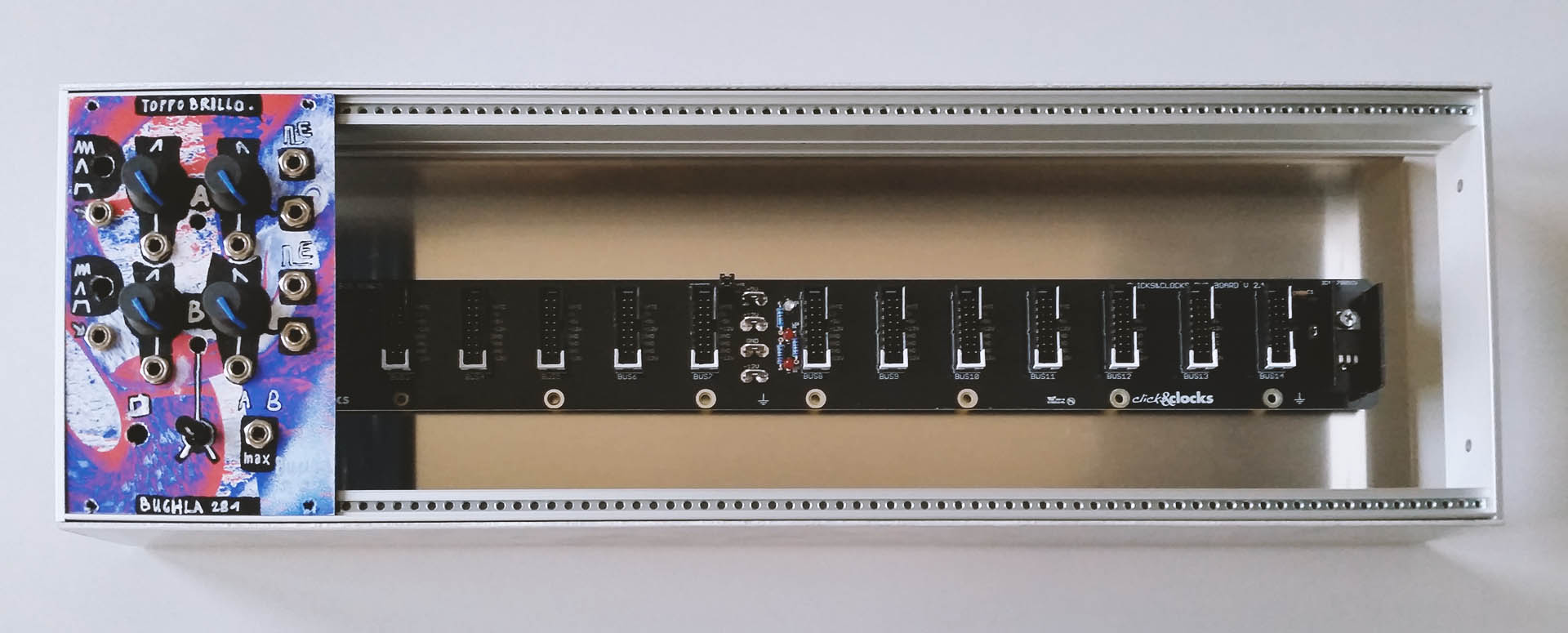
Here you can also see the DIY busboard kit I got from clicks & clock (and a custom DIY panel for Toppobrillo's Buchla 281 clone).
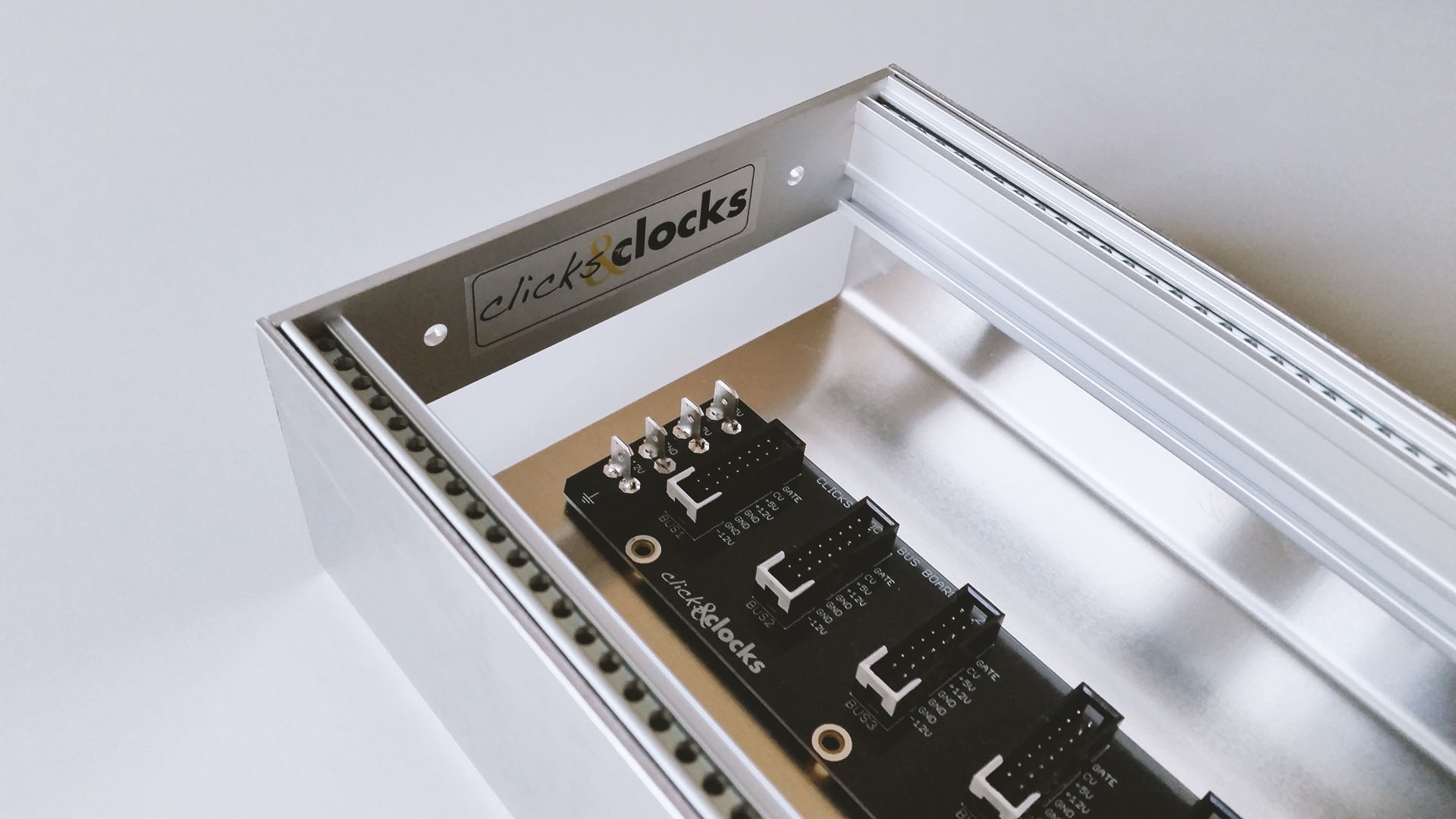
In this post I list all the wood parts needed for the foldcase. I decided to use birch multiplex because it is lightweight, stable, easy to work with and doesn't cost too much. On top of that birch multiplex stays in shape with different temperatures and humidity levels better than massive wood of other trees (there will be a difference in temperature between the inside and the outside when the synthesizer is running for hours).
Overview
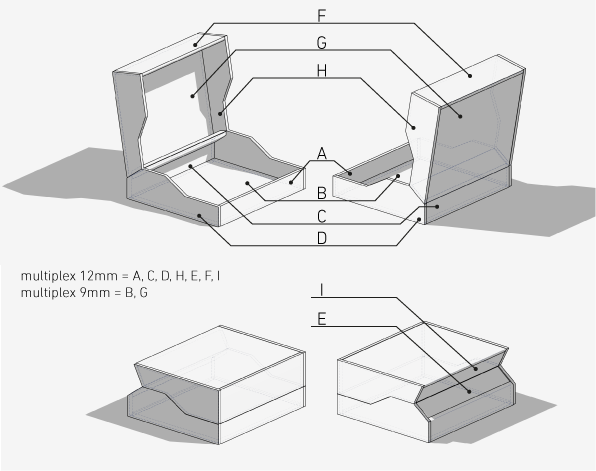
Parts
I decided to use two material thicknesses: 12mm for most parts and 9mm for rear and front plates to save weight. All length units are in milimeters. See the table below for the raw dimensions of the wood.
6 years ago
Building Ideas: Eurorack Testing Adapter
A thing I wish I had built earlier: a decent adapter from my Lab power supplies to Eurorack power:
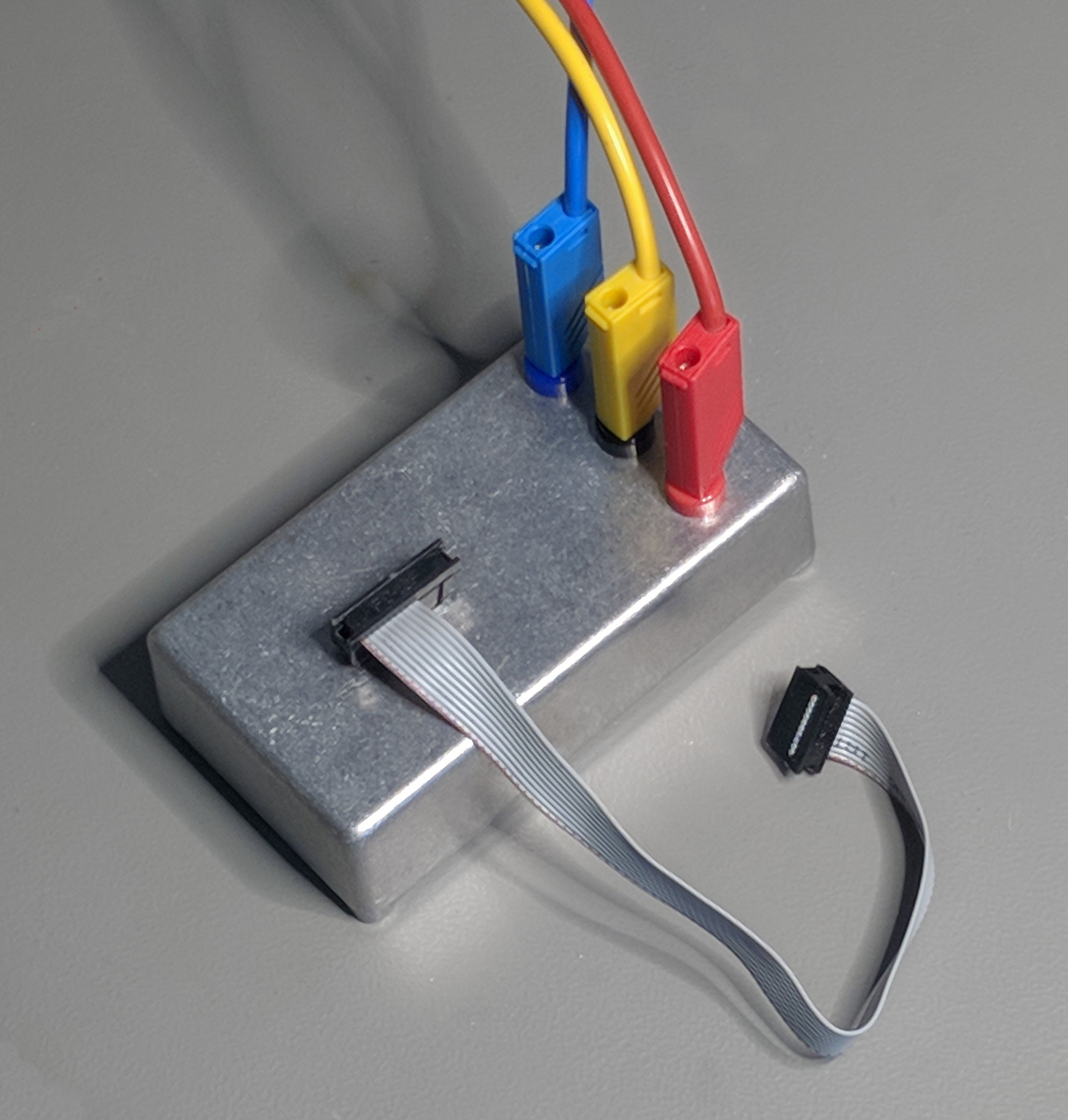
A typical problem: the end of the day, soldering is done, but the module doesn't work. What to do? In this multipart series I want to show various methods every DIY synthesizer enthusiast can use to figure out why a particular module or kit doesn't work. This is mostly aimed at Eurorack modules wh...
The trend to create low-space-versions of existing open hardware eurorack modules is going on: there is a μBraids, a μClouds etc. It doesn't make sense all the time to force in a existing module's functionality in less HP tho. With the μBraids it makes sense, with the μClouds not so much, because functionality and usability suffers (you will find yourself twidling live more often with a effect module like Clouds and less often with a oscillator like Braids.
The open hardware module with the interesting title Ornament & Crime by mxmxmx is one of the modules where (aside from easier soldering) it doesn't make any sense to use that much panel space. That is why jakplugg made a micro version of it called μO_C. I decided to build some of these, but didn't find suitable Gerbers for the panel – so I decided to roll my own.
For anybody interested, I still have 5 in Stock.
8 years ago
Zener-Noise work in Progress
Short recording of a zener-based white noise module with Clockable Sample and Hold. On every trigger input a new value is sampled from the flat white noise source and output as a steady DC value till the next trigger arrives.
Because space in my 84 HP rack has already run out, I am currently designing a bigger case. There are many big and overly expensive cases, which were no option for me (plus I actually enjoy building my own stuff). This is the result of multiple design iterations...
First of course I had to set some requirements. I started to do the typical 3 row foldcase (with one row in the middle), that exists in many iterations by many companies (e.g. the Uno by Frap Tools or the Black Widow by Tiptop audio). After some thinking and a few chats with wotwot I decided, it would be better to have four rows. The requirements that I came up with:
- 4 rows
- 1 row with 1U
- One should be able to close it with a patch connected
- In closed state it should stay closed
- Each 3U row should get 1A
This is the design I ended up with – I decided to base it on hinges that connect the single rows with 84HP each equaling to 336 usable HP in total. I made a model in blender with an armature and constraints to find out which angles are needed. Click the fullscreen button, if it is too small for you.
In the top of the hood a stripe of LEDs will be placed for lighting. Color and intensity might even be voltage controlled? who knows?

